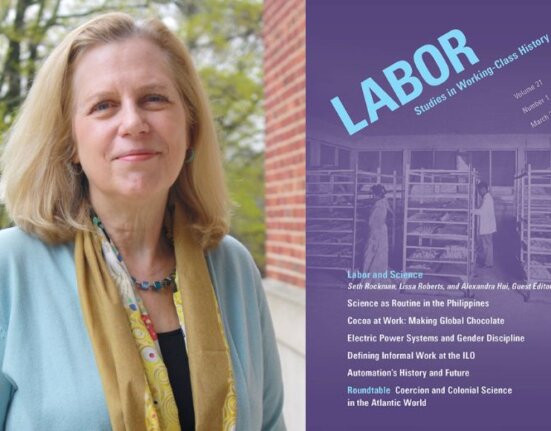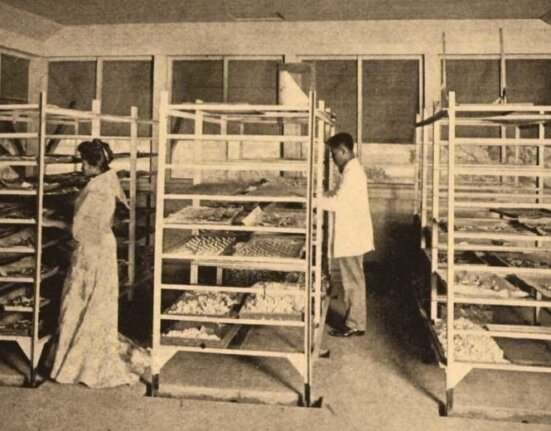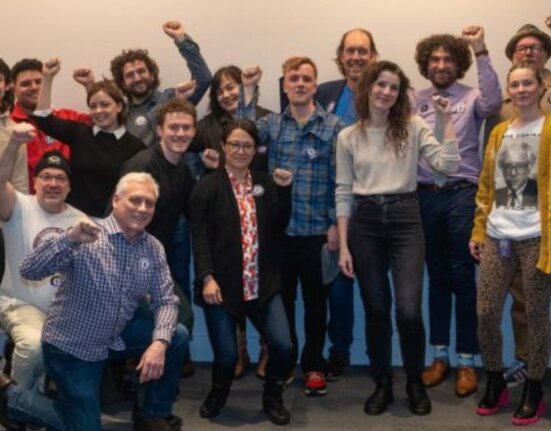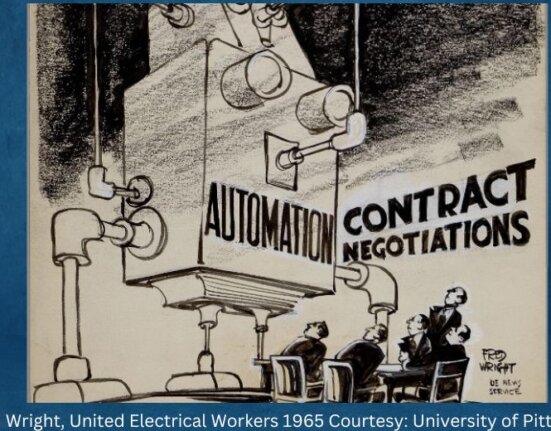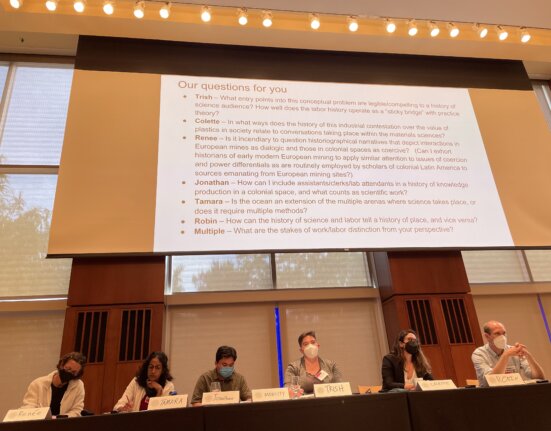Betrayal: When the Government Took Over the Teamsters Union, a recent (2019) documentary by George Bogdanich, asks critical questions about the decades long oversight of the Teamsters by the federal government. The documentary argues that the 1989 consent decree which put in place the Independent Review Board (IRB) until 2020 was a dramatic case of federal overreach, gutted strong locals, violated free speech and was a self-interested and self-perpetuating power and money machine for the law firms hired to run the board. Freeing the Teamsters from the mafia was a vital task which could have been accomplished in a few years through existing legal channels. Instead the decree created a dangerous and destructive apparatus under the guise of federal impartiality.
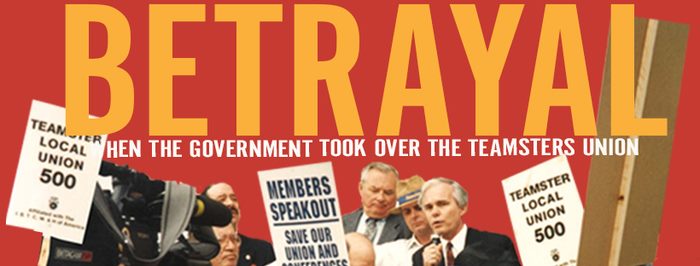
Bogdanich begins with the premise that the federal government has a long history of thwarting union power through state violence, interrogation, investigation, sanction and legislation. He argues that anti-Teamster public opinion stemming back to the Senate hearings of the 1950s paved the way for the 1989 Consent Decree, which established federal oversight of the Teamsters resulting from the unprecedented filing of a civil lawsuit under the Racketeer Influenced and Corrupt Organizations (“RICO”) Act against a labor union.
Through interviews with leaders of Teamster locals, attorneys, reporters, civil liberties activists and historian Dan Graff, director of the Higgins Labor Program at the University of Notre Dame, Bogdanich builds the case that the IRB held onto its power over the union long after its presence was needed to root our mafia influence — and it destroyed union locals and individuals in the process.
Central to the film is the story of the ouster of Bill Hogan Jr., former president of Chicago’s Teamsters Local 714, which was chartered by members of the Hogan family in 1934. Through a variety of interviews Hogan is depicted as a hard-working, charismatic and popular union leader whose family had devoted itself to 714 over the decades and that through the union’s professionalism, Chicago’s trade and film industries flourished. Hogan Jr explained that in 1996 the IRB removed him from office and banned him from contact with Teamsters even though investigators found no financial malfeasance in the local’s books. The banishment was excruciating for him and close family and friends. The pressure and heartbreak contributed to the early death of his wife. The film does an excellent job showing the fear, anxiety, frustration and pain that the IRB era exacted on local Teamster leaders beyond the 714 story.
“In the midst of the 2021 leadership election, without the IRB or a Hoffa on the ballot, this film is an interesting watch.”
The film argues that IRB decisions about trusteeships and banishments were not impartial but rather served interests of other Teamsters. Hogan’s ouster and the removal of other local leaders and organizers stemmed from power struggles with James Hoffa Jr. Bogdanich makes the case that in the election of Ron Carey in 1991, the IRB had its own interests in the leadership of the Teamsters.
The argument about the unprecedented, unrestricted and unlimited power that the IRB had over the Teamsters for over twenty years is a compelling one. The Teamsters paid over $250 million for the oversight and the constant presence of the IRB apparatus quelled organizing and redirected energy and resources from member services and growth. As Dan Graff points out in the film, Teamster organizing and contracts helped define what good jobs were in the 20th century and that the power labor amassed through successes like the Master Freight Agreement in 1964 was met with unease by capital and the federal government.
However, the uncritical presentation of Bill Hogan Jr. clouds the shine of this important argument. Bill Hogan Jr., while an industrious and charismatic leader, was accused of more than financial malfeasance. He was also a the owner of companies that did business with his local, steered the best jobs in the industry to a loyal elite and was accused of signing sweetheart contracts.
The important points about the overreach of the IRB would not be diminished by a more nuanced presentation of some of the leaders who were removed by it. With the era of the consent decree over surely more historical work will be done to evaluate its impact and this film is an important piece of that work. In the midst of the 2021 leadership election, without the IRB or a Hoffa on the ballot, this film is an interesting watch.


